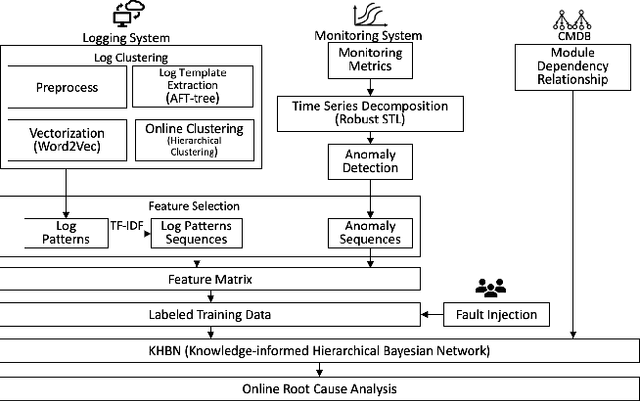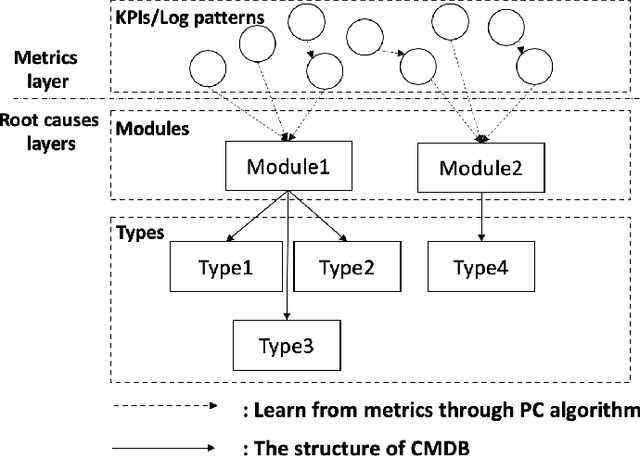Hengbo Liu
SaDI: A Self-adaptive Decomposed Interpretable Framework for Electric Load Forecasting under Extreme Events
Jun 14, 2023



Abstract:Accurate prediction of electric load is crucial in power grid planning and management. In this paper, we solve the electric load forecasting problem under extreme events such as scorching heats. One challenge for accurate forecasting is the lack of training samples under extreme conditions. Also load usually changes dramatically in these extreme conditions, which calls for interpretable model to make better decisions. In this paper, we propose a novel forecasting framework, named Self-adaptive Decomposed Interpretable framework~(SaDI), which ensembles long-term trend, short-term trend, and period modelings to capture temporal characteristics in different components. The external variable triggered loss is proposed for the imbalanced learning under extreme events. Furthermore, Generalized Additive Model (GAM) is employed in the framework for desirable interpretability. The experiments on both Central China electric load and public energy meters from buildings show that the proposed SaDI framework achieves average 22.14% improvement compared with the current state-of-the-art algorithms in forecasting under extreme events in terms of daily mean of normalized RMSE. Code, Public datasets, and Appendix are available at: https://doi.org/10.24433/CO.9696980.v1 .
CloudRCA: A Root Cause Analysis Framework for Cloud Computing Platforms
Nov 05, 2021



Abstract:As business of Alibaba expands across the world among various industries, higher standards are imposed on the service quality and reliability of big data cloud computing platforms which constitute the infrastructure of Alibaba Cloud. However, root cause analysis in these platforms is non-trivial due to the complicated system architecture. In this paper, we propose a root cause analysis framework called CloudRCA which makes use of heterogeneous multi-source data including Key Performance Indicators (KPIs), logs, as well as topology, and extracts important features via state-of-the-art anomaly detection and log analysis techniques. The engineered features are then utilized in a Knowledge-informed Hierarchical Bayesian Network (KHBN) model to infer root causes with high accuracy and efficiency. Ablation study and comprehensive experimental comparisons demonstrate that, compared to existing frameworks, CloudRCA 1) consistently outperforms existing approaches in f1-score across different cloud systems; 2) can handle novel types of root causes thanks to the hierarchical structure of KHBN; 3) performs more robustly with respect to algorithmic configurations; and 4) scales more favorably in the data and feature sizes. Experiments also show that a cross-platform transfer learning mechanism can be adopted to further improve the accuracy by more than 10\%. CloudRCA has been integrated into the diagnosis system of Alibaba Cloud and employed in three typical cloud computing platforms including MaxCompute, Realtime Compute and Hologres. It saves Site Reliability Engineers (SREs) more than $20\%$ in the time spent on resolving failures in the past twelve months and improves service reliability significantly.
* Accepted by CIKM 2021; 10 pages, 3 figures, 12 tables
 Add to Chrome
Add to Chrome Add to Firefox
Add to Firefox Add to Edge
Add to Edge